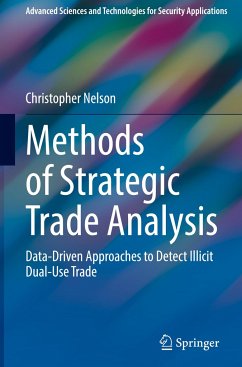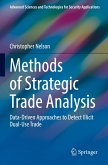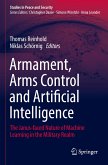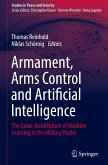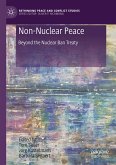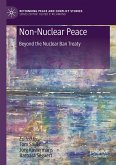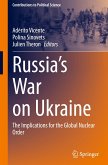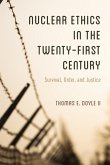This book addresses ways that governments, international organizations, and other stakeholders can utilize data to uncover illicit trade in materials and equipment that could be used to support chemical, biological, nuclear, and advanced conventional weapons systems. Key concepts of strategic trade are introduced, including examples of strategic goods and their potential uses in weapons of mass destruction (WMDs) and weapons systems, the interplay between the Harmonized System and strategic trade control regimes, and the data available for analysis in the field. Innovative, yet practical methodologies to analyze strategic trade cover the use of crime scripts, risk assessment indicators, mirror statistics, market share analysis, and transshipment and re-export analysis.
There are also chapters on leading-edge techniques involving machine learning and network analysis that have shown promise in other areas of crime and illicit trade investigations. Each chapter provides step-by-step instructions on applying the technique, numerous case studies and examples, and discussions of the strengths and weaknesses of each approach. This volume is designed to provide all types of analysts with practical pathways for understanding, detecting, and disrupting illicit procurement of materials and equipment needed to produce WMDs and advanced weapons.
There are also chapters on leading-edge techniques involving machine learning and network analysis that have shown promise in other areas of crime and illicit trade investigations. Each chapter provides step-by-step instructions on applying the technique, numerous case studies and examples, and discussions of the strengths and weaknesses of each approach. This volume is designed to provide all types of analysts with practical pathways for understanding, detecting, and disrupting illicit procurement of materials and equipment needed to produce WMDs and advanced weapons.

